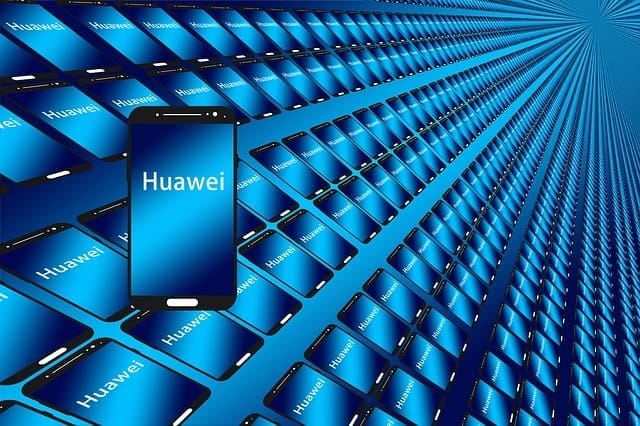Recent revelations indicate that U.S. President Donald Trump may have used the U.S. clampdown on Huawei – an ICT firm founded in China – as a bargaining chip in the U.S.-China trade dispute, to boost his re-election campaign.
The revelations come in recent excerpts published by the Wall Street Journal from former White House security advisor John Bolton’s forthcoming memoir, The Room Where It Happened.
The excerpts paint a picture of a president consumed with his bid to win a second term in the White House and looking for leverage on issues where he might be seen to have achieved a geopolitical win for the country. The US-China trade war is one such issue.
The US clampdown on Chinese companies has included a law banning the US federal government from using Huawei and ZTE equipment, and another that restricts US companies from doing business with Huawei without a government licence.
There are also US export restrictions aimed at preventing Huawei from manufacturing semiconductors using US technology or software. Some of these measures may contravene the US constitution and are being challenged in the courts.
The idea that Huawei is becoming a bargaining chip in the US-China trade war is given more credence by statements by former Google CEO Eric Schmidt, who said in a recent interview that US suppression of Huawei may be based on anti-Chinese prejudices about copying technology.
“Those prejudices need to be thrown out,” he said. “The Chinese are just as good, and maybe better, in key areas of research and innovation as the West.”
While Schmidt has made claims of national-security contraventions against Huawei, he also says that partnering with Chinese companies allows western companies to push their own ideologies.
“The more segregated the platforms are, the more dangerous it is. It is in the West’s interest that every technology platform has Western values in them,” Schmidt noted.
This gives credence to the view that clampdowns on Huawei operations are as much about political and ideological points-scoring as national security.
In the UK, lawmakers appear to be vacillating about following the USA’s lead. However, Huawei has received planning permission to build a 400-million pound ($494-million) research and development centre in the UK to develop chips for use in broadband – despite US criticism.
This paints a picture of a global tech policy environment in sway to the caprice of the White House, with the US using security justifications to gain a trade edge over China, and Chinese companies caught somewhere in the middle.
US economist Jeffrey Sachs says the US was in violation of the existing trade deal with China when it imposed restrictions on China’s US business.
“The Trump Administration wants China to continue to purchase US goods according to the trade deal, but at the same time the US imposes new punitive restrictions on China, such as the ban on international exports of semiconductors to Huawei,” said Sachs, an economics professor at Columbia University.
“These new punitive restrictions break the agreement by unilaterally imposing new economic burdens on China. The US has overstepped the agreement, and should agree to put on hold any new punitive measures,” he said.
While President Trump was instrumental in starting the trade war with China by imposing tariffs and other trade barriers on Chinese goods, the dispute has harmed both countries’ economies, and Trump would like to be seen as helping to secure a new deal.
The Bolton revelations indicate quite how desperate Trump is to reach a trade deal, to the point where he is willing to use Chinese companies as pawns in his re-election game.
Bolton claims that Trump made personal overtures to Chinese leader Xi Jinping, and offered to reverse criminal prosecutions against Huawei if it would help secure a new trade deal with China.
Bolton’s claims undermine Bolton’s own assertion that the Huawei restrictions are for national-security reasons. It now seems Huawei is being used as a bargaining chip.
This looks even more likely when one considers the case of Huawei CFO Meng Wanzhou, currently being held in Canada on extradition charges based on a US arrest warrant. The warrant pertains to alleged violations of U.S. sanctions against Iran.
However, Trump himself has stated that he would be prepared to get involved in Meng’s case if it would help to secure a trade deal with China. Asked about it in a 2018 Reuters interview, he said, “If I think it’s good for what will certainly be the largest trade deal ever made – which is a very important thing – what’s good for national security – I would certainly intervene if I thought it was necessary.”
This paints a picture of the trade war being as much about US domestic politics as security or economics. If this is indeed the case, as the US presidential election builds to its climax in November, US-China relations should become ever more topical in the news discourse.
The challenge for U.S. lawmakers and regulators is to distinguish politics from substance as they try to shape the critical next phase of technological evolution following the global pandemic.
